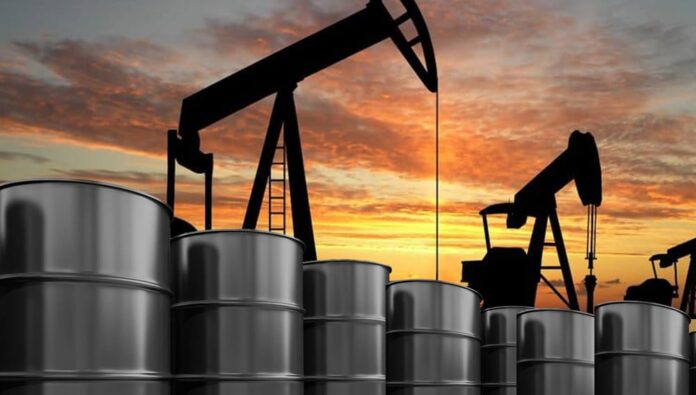The government is moving ahead with its plan to formulate a policy for the deregulation of petroleum product prices, as the Petroleum Division has scheduled an important meeting to discuss the future strategy for deregulating the country’s downstream oil sector.
According to an official communication issued by Awais Jamil, Junior Finance Specialist at the Petroleum Division, the meeting on “Deregulation/Roadmap on Future Strategy of Downstream Oil Sector” will be held under the chairmanship of the Minister for Energy (Petroleum Division). The Oil and Gas Regulatory Authority (OGRA) has been tasked with making a comprehensive presentation on the subject, which was required to be submitted to the Secretary, Petroleum Division, by April 28, 2025, for review.
The meeting will also be attended by the Chairman of OGRA and the Managing Directors (MDs) of Pakistan State Oil (PSO), Pak-Arab Refinery Limited (PARCO), and Pakistan Refinery Limited (PRL).
Industry sources emphasized that deregulation should be implemented in a phased manner — gradually over a period of six months to a year — to avoid disruption. They cautioned that a sudden move toward full deregulation could create chaos within the industry. They also warned that petroleum prices are likely to increase post-deregulation, particularly in rural areas where logistical costs are higher compared to urban centers. Furthermore, OMCs are expected to offer higher margins to petrol pumps located in cities due to higher sales volumes.
The government has already initiated the deregulation process by forming a working group tasked with preparing a concept paper outlining the future roadmap. This working group includes representatives from OGRA, the Directorate General of Oil (Petroleum Division), PSO, and refineries such as PARCO and PRL.
This initiative is part of broader efforts by the government to reform and modernize Pakistan’s energy sector, focusing on promoting competition, encouraging investment, and enhancing efficiency in the downstream oil market.
Copies of the meeting notice have also been circulated to the Secretary of the Ministry of Petroleum and Natural Resources (MOPNR), the Deputy Secretary (Administration), and the Director General (Oil) for their information and necessary action.
It is worth noting that at present, petrol, high-speed diesel, light diesel oil, and kerosene are regulated petroleum products in Pakistan. In contrast, jet fuel for the air force and airlines, high-octane blending component (HOBC), and furnace oil are deregulated. The prices of the four regulated products are revised on a fortnightly basis, with margins for petroleum dealers and oil marketing companies (OMCs) fixed by the government. Industry stakeholders have been pushing for a revision of these margins, arguing that the existing structure has contributed to higher costs for consumers.




